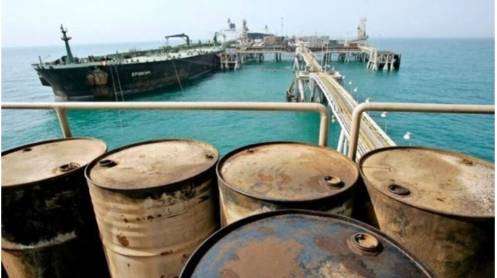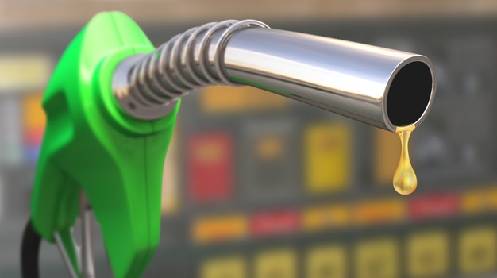QUETTA – The fuel crisis in Balochistan has taken a critical turn as escalating tensions between Iran and Israel disrupt the supply of Iranian oil into Pakistan. The smuggling routes through Makran, Rakhshan, and Chagai have been badly affected, leading to the closure of 60–70% of petrol pumps in the province’s border districts, including Turbat, Gwadar, Panjgur, Washuk, Chagai, and Mashkail.
The crisis has triggered black market activity, with smuggled petrol being sold at Rs280–300 per litre—significantly above the official rate of Rs254. Additionally, food shortages are emerging in areas dependent on supplies from across the Iranian border.
Petrol pumps using smuggled Iranian oil had already been shut down last week by district administrations, worsening the situation in Quetta and other areas. The fuel supply from Karachi has also been disrupted due to intermittent road blockades between the port city and Quetta.
However, Balochistan government spokesperson Shahid Rind denied any fuel shortage, asserting that most pumps in Quetta remain operational. He blamed the outcry on elements seeking to lift the ban on illegal fuel, citing 28 fuel-related accidents in the past month as evidence of the danger posed by unregulated petrol stations.
Meanwhile, global oil prices spiked nearly 7% on Friday amid Israel’s strikes on Iran’s oil infrastructure, adding further pressure. Analysts warn that any escalation impacting the Strait of Hormuz could push oil prices beyond \$100 per barrel, amplifying inflationary concerns worldwide.
Story by Saleem Shahid







